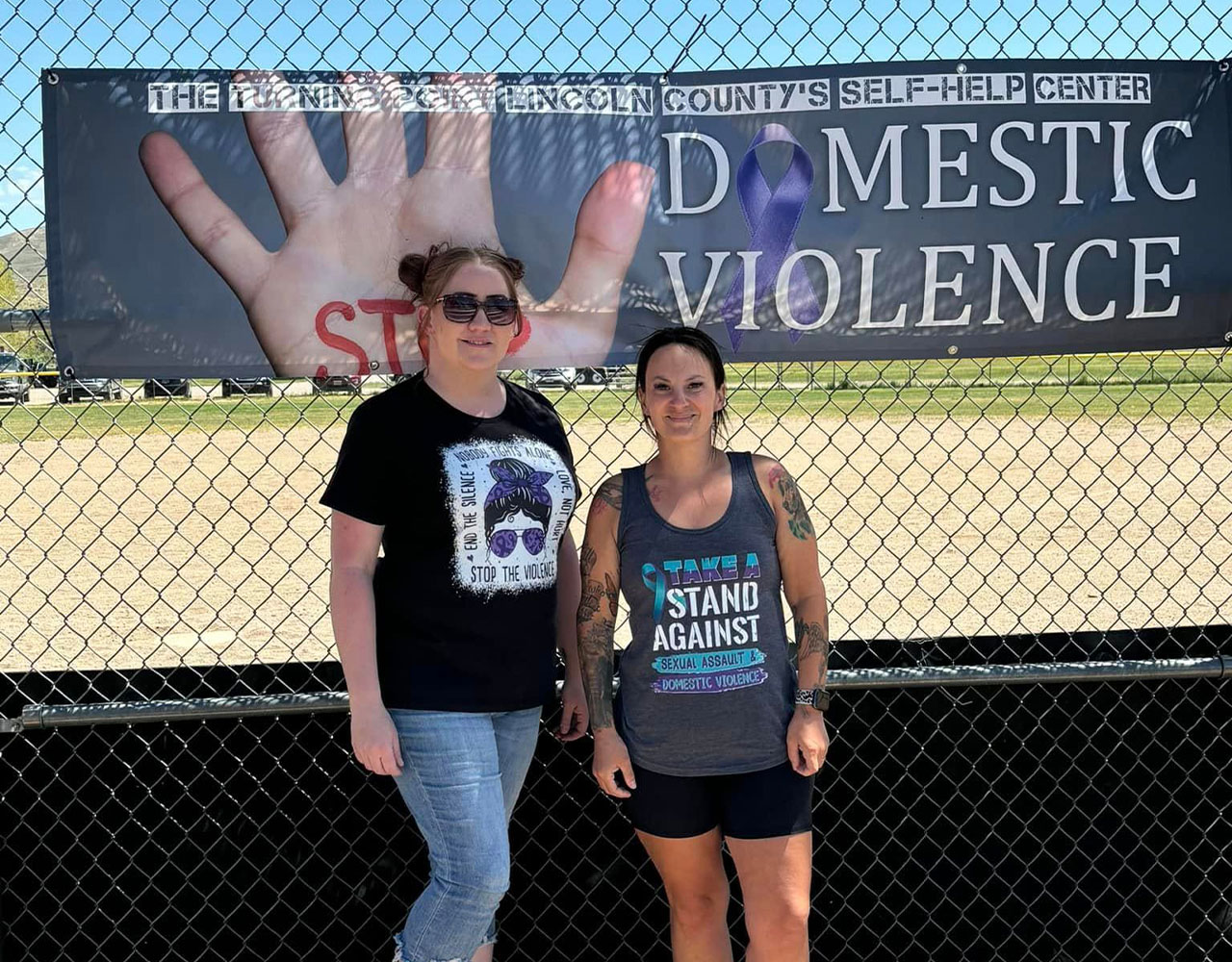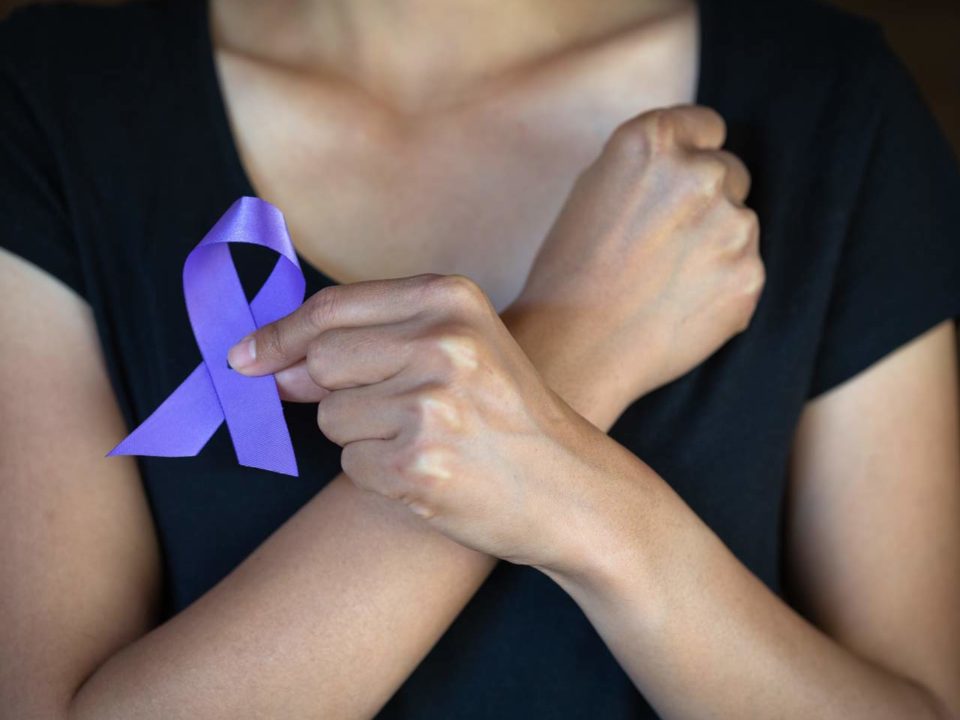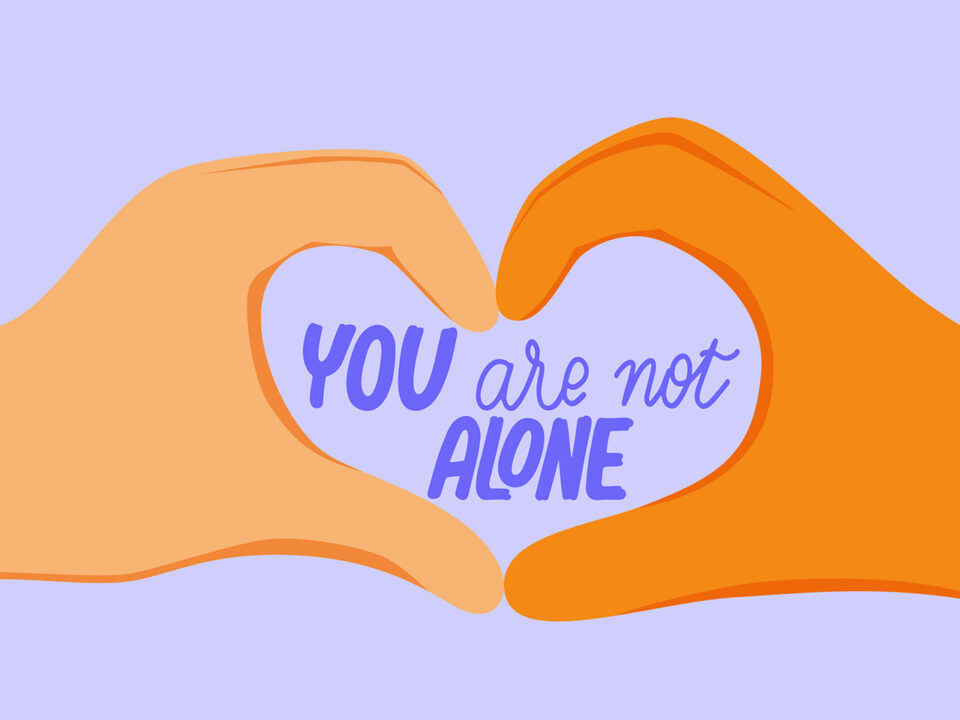Shining a Light on Domestic Violence in Wyoming (Part 1)
October is Domestic Violence Awareness Month, a time to recognize both the challenges survivors face and the solutions our communities can offer. Across Wyoming, survivors of domestic violence often confront unique barriers: rural isolation, limited access to safe housing, and scarce trauma-informed services.
Organizations like Turning Point, Safehouse Services, the Family Crisis Center, and the Self Help Center are on the front lines, providing shelter, legal advocacy, counseling, and connection to vital community resources. As Molly Hughes, Executive Director of the Hughes Charitable Foundation, notes:
“Supporting survivors requires not just immediate safety, but stability, hope, and a community willing to stand with them. Every small act of support adds up to meaningful change.”
Urgent Needs Across Wyoming
Several recurring challenges highlight the gaps survivors face:
Safe and Affordable Housing: Survivors often leave abusive situations with little more than the clothes on their backs, facing deposits, rent, and limited housing options. As the Family Crisis Center explains:
“Financial abuse is one of the most common tactics abusers use to maintain control. When survivors flee, the costs of housing can feel insurmountable, leaving them with impossible choices between safety and stability.”
Legal Support: Access to attorneys and court advocacy is essential, especially in cases involving custody or protection orders. Safehouse Services emphasizes:
“We provide legal clinics and case management so survivors can navigate protection orders and other legal challenges. Removing these barriers is critical for safety and independence.”
Transportation & Rural Isolation: Many survivors live hours from the nearest shelter or courthouse. Turning Point notes:
“Transportation is a major barrier. Survivors need reliable ways to get to appointments, court hearings, and medical care—without that, safety is only partial.”
Mental Health & Community Resources: Trauma-informed counseling, childcare, and support services help survivors rebuild their lives. The Self Help Center adds:
“Our programs give survivors not just a safe place to stay, but the tools to regain independence and confidence, which is key to breaking the cycle of abuse.”
Stories of Courage and Recovery
Across the state, survivor stories reflect resilience and hope:
- At Turning Point, a mother arriving late at night with her children found more than shelter, she found meals, advocacy support, and a path to stable housing and employment. “You gave us back our future,” she said.
- At the Self Help Center, “Abby” fled abuse from out of state. With safe housing, mental health support, and case management, she now works as a server and has regained her independence.
These stories illustrate that safety is just the first step; ongoing support, legal guidance, and community collaboration are essential for lasting recovery.




